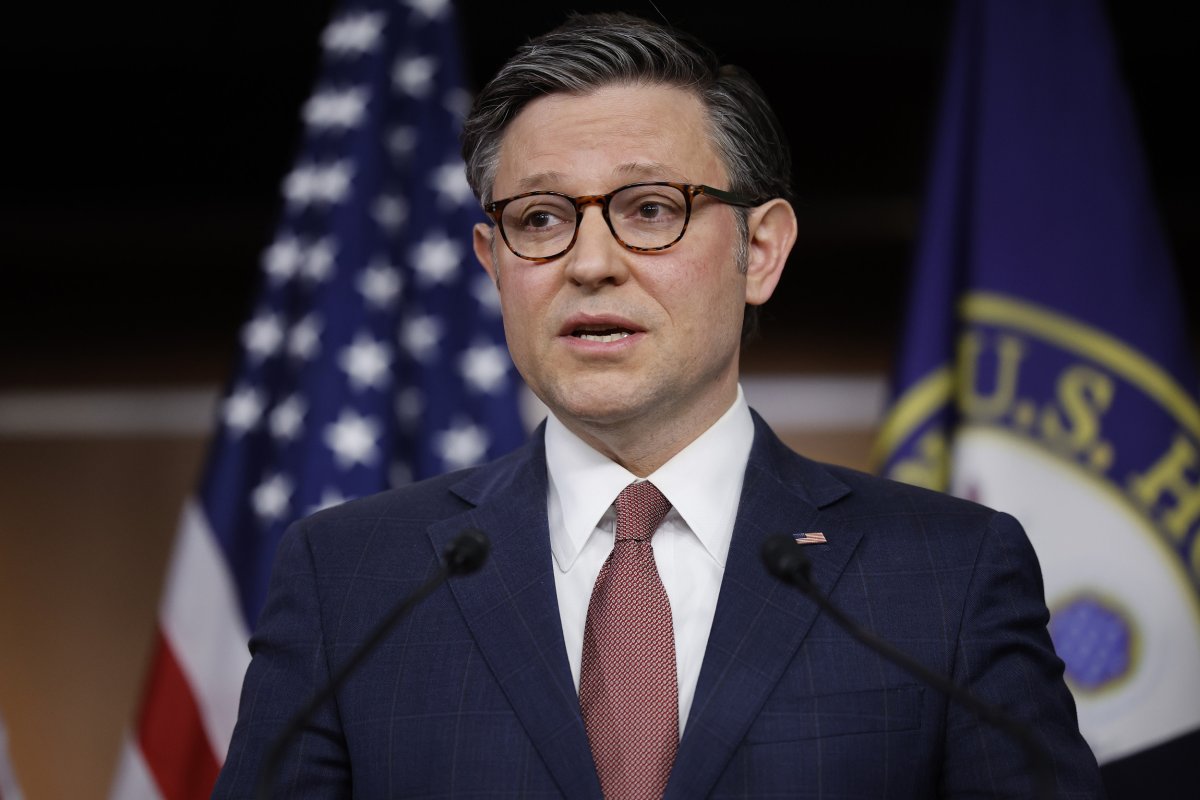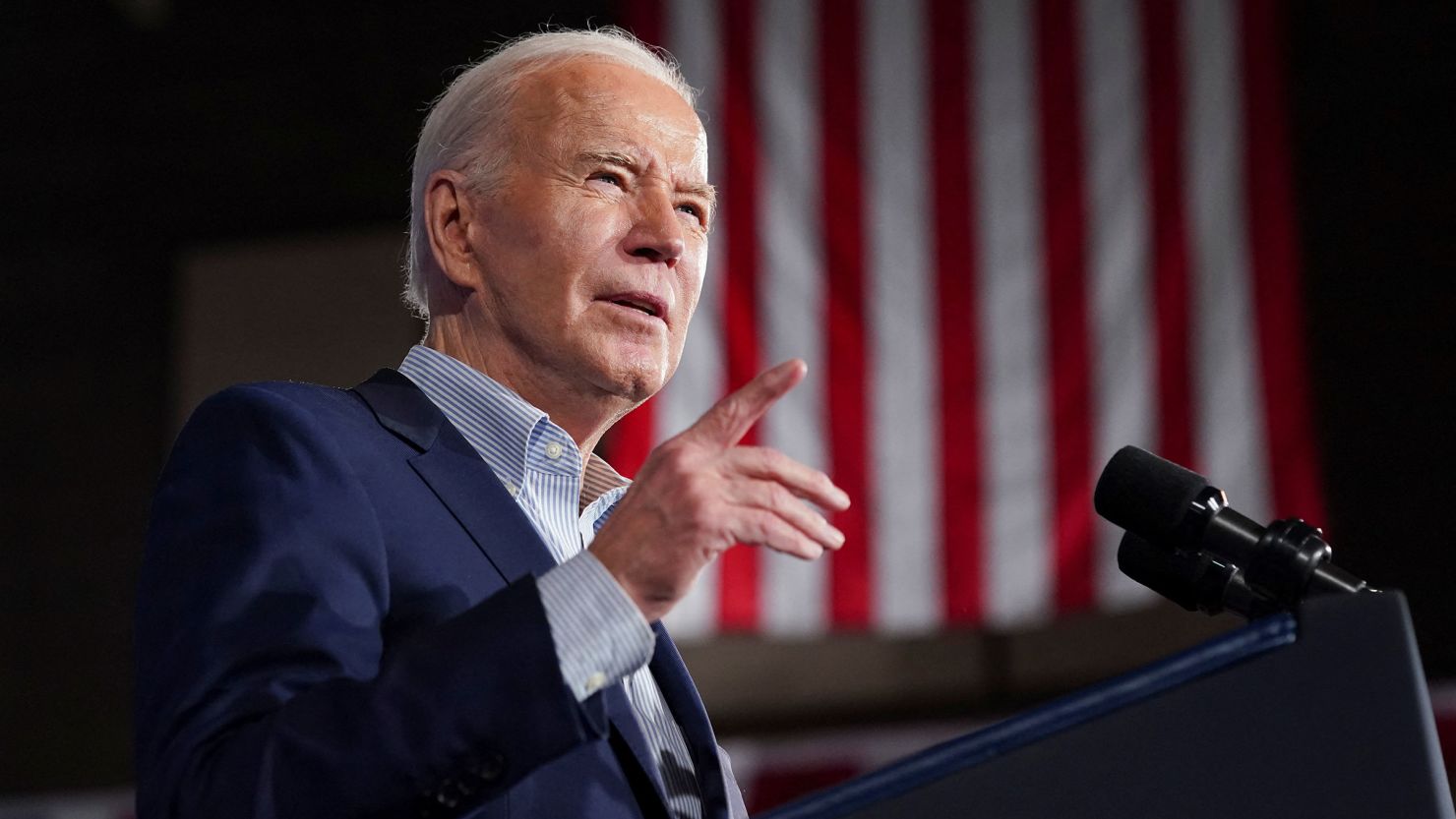President Joe Biden officially signed Congress’ $1.2 trillion spending package on Saturday, marking the culmination of efforts to secure a comprehensive budget to sustain government operations until October 1st.
The signing brings an end to months of legislative wrangling as Congress grappled with passing a permanent budget resolution, resorting to multiple stopgap measures to stave off government shutdowns.
In a statement issued on Saturday, President Biden highlighted the bipartisan nature of the funding bill, emphasizing its role in maintaining government operations, investing in American citizens, and bolstering both the economy and national security.

He acknowledged the compromise involved, recognizing that neither side achieved all of its objectives.
This eleventh-hour resolution has become somewhat characteristic of the current fiscal year, with last-minute disagreements frequently threatening to derail near-complete agreements.
Despite passing the Senate with a 74-24 vote in the early hours of Saturday, slightly past the deadline due to final disagreements, the White House assured that official shutdown operations would not commence, given the secured deal and the remaining procedural steps.
Prior to the House vote on Friday morning, efforts to reconcile differences, particularly regarding funding for the Department of Homeland Security, caused delays.
This included reservations expressed by the White House the previous weekend, further elongating the negotiation process.

The $1.2 trillion allocation across six appropriation bills covers various government agencies, encompassing defense, financial services, homeland security, health and human services, and more.
Earlier in March, Congress had approved $459 billion for the first six appropriation bills, which pertained to less partisan agencies and thus saw smoother negotiations.
With government funding secured for the remainder of the fiscal year, House Speaker Mike Johnson, R-La., has resolved a significant looming issue.
However, this resolution has potentially exacerbated tensions within the House, as evidenced by the motion filed by far-right Georgia Republican Rep. Marjorie Taylor Greene to oust Speaker Johnson.
The threat of ousting a House Speaker over budget disagreements echoes a familiar narrative, reminiscent of the events in October when former Speaker Kevin McCarthy faced removal after striking a deal with Democrats to avert a government shutdown.
Speaker Johnson has been navigating efforts to placate the hardline Republican faction, known as the Freedom Caucus, in a bid to avoid a similar fate.







Leave a Reply